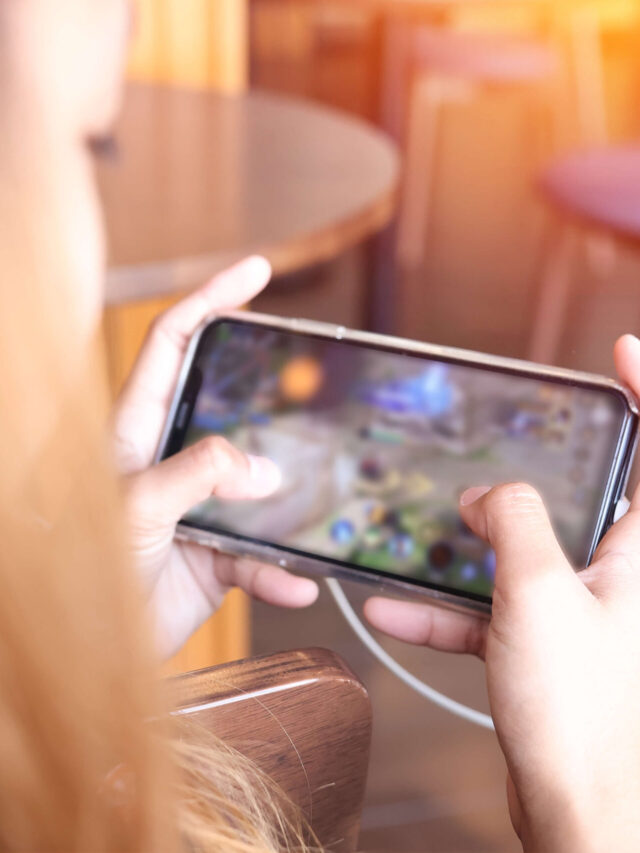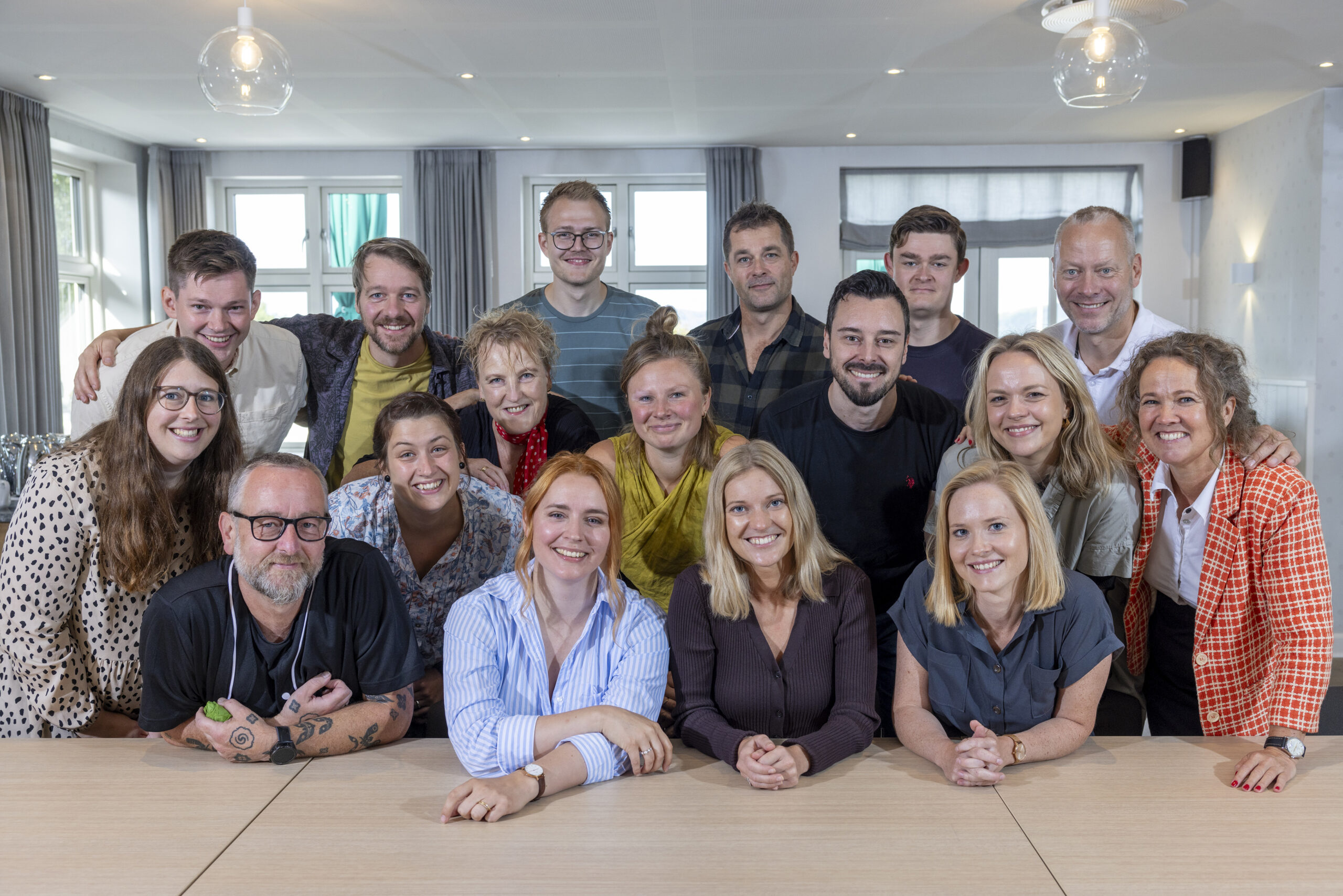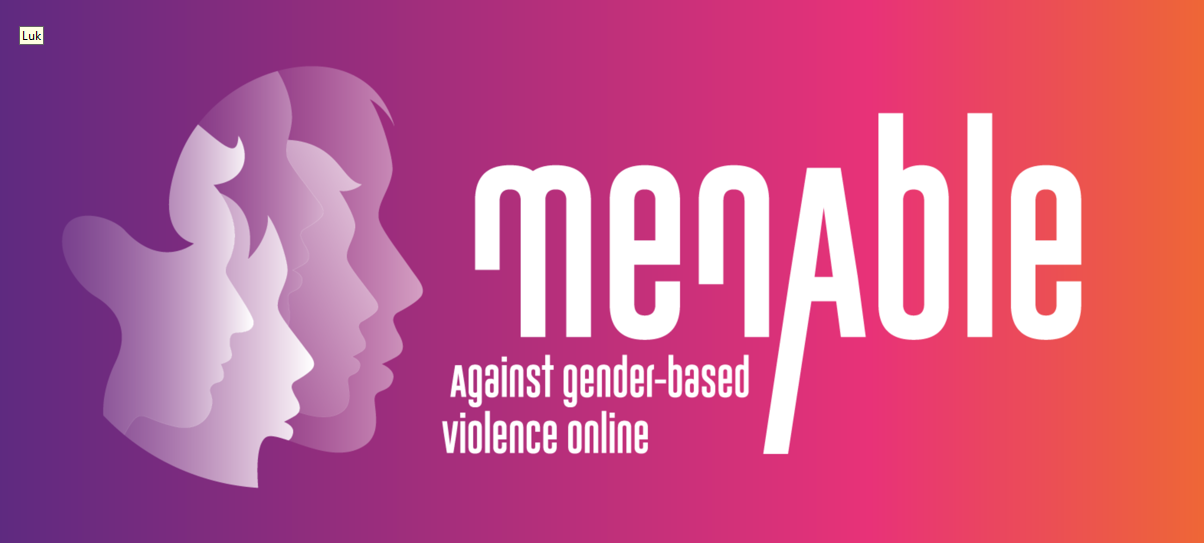Are we experts or reflective adults in our counselling?
This question has made up one of the main subjects of the 2-days workshop which I held recently here at the office in Aarhus for the Bulgarian Helpline. Helpline.bg offers information and counselling opportunities, for youth and adults, concerning online related issues. The helpline has existed for a year and they have already gained experience in online chat counselling, mail counselling and in offering telephone advice. However, they wished to find new inspiration in our knowledge, primarily on our chat and mail counselling but also on our way of organising and working with our voluntary counsellors, among other things because they consider expanding their counselling establishment to become a more general helpline as for example our digital counselling platform Cyberhus.
 The Bulgarian Helpline focuses on quality, is reflective in their professional standards and in the year that they have existed they have come far. But as most newly established helplines, within the field of digital counselling, experience there are many professional nuances and elements which are unique when working digitally – more than what is first expected.
The Bulgarian Helpline focuses on quality, is reflective in their professional standards and in the year that they have existed they have come far. But as most newly established helplines, within the field of digital counselling, experience there are many professional nuances and elements which are unique when working digitally – more than what is first expected.
Expert or reflective adult?
One of the aspects which is not considered thoroughly in newly established helplines is what role we occupy as adults in for example a one-to-one chat with a young person. Are we experts or reflective adults in relation to the youth’s situation? And when is it constructive to be the one or the other? Among other things it depends on what kind of helpline we are dealing with – whether it is a general helpline, as Cyberhus, where we can chat about everything or whether it is a more specific helpline, like Albahus, which offers counselling in connection with sexual abuse.
The role as a reflective adult
At Cyberhus we work hard to create a place, both when talking about online chat counselling and mail counselling, where we enable the youth to reflect on their own situations by being curious and by listening. We acknowledge the youth as an expert in its own life and instead of focusing on one solution we try to shade and broaden the problem so that the young person in question can find constructive action possibilities on its own. You can read more about how we aim to build up our answers in our mail counselling here.
The role as a counsellor is in particular important when talking about general helplines like Cyberhus, as we experience many children and teens trying to express in words for the first time how they feel and what they find difficult in life. It is extremely important that we follow the child’s pace and make sure that the youth feels safe and knows that it can develop at a slow pace. This is supposed to ensure the motivation and faith in the usefulness of talking about what is difficult and in the fact that there are adults out there who are willing to listen and respect them.
The role as an expert
The role as an expert can be both constructive and necessary to occupy as a counsellor but it is important to be conscious about how and when to do it – as a counsellor in a topic specific counselling establishment it can make the youth feel safe. It gives the impression that here is an adult who really knows what this is all about, who has a lot of experience on the field and has some evident tools that the youth can work with. As an expert you can be very clear and straightforward in your wording in a way that creates credibility and trustworthiness.
When a young person visits Albahus’ website or any other topic specific counselling platform he or she is well on the way in the process towards a better life and the child expects to meet a counsellor who has a specific knowledge of the field in question. It is often written on the website what kind of qualified professionals the youth can expect to meet and where they have their expertise. The settings are then quite different from for example the ones at Cyberhus.
Likewise, the youth has often already been through a process of recognition before logging on to e.g. Albahus’ website. The child might have accepted the extent of the issue or is more motivated to act because it is able to get specific and professional help. That is the reason why the counsellor to some extend must occupy the role as an expert.
The role as the expert can easily be combined with the role as a reflective adult and even with great advantage (Which Albahus is a shining example of). Here at Cyberhus we are not so fond of the word expert, as we to a higher degree consider ourselves as being normal adults who wants to listen and try to help. Instead we use the word distinct adult. Basically, it is all about daring to share our experience, attitudes and knowledge when the youth can derive profit from it. It could be needed when the child seeks a response from a grown-up and wants to know the adult’s attitude towards a certain situation. Questions such as “what do you think?” and “I need to hear an adult’s attitude towards something” invite us to be clear and grown-up when facing the youth. This does also apply to situations concerning abuse, a subject where much clarity is needed both ethically and legally.
If the role as an expert/ distinct adult is used too often and at the wrong moments it might have negative consequences for the youth. This could mean that the child might not feel heard or respected, that the advice is not based on the child’s own reality, that our language is not at eye level and that we present some possible actions which are not useful for the youth. All this may lead to the fact that the young person in question experiences that asking an adult for help is not profitable – and the child stops trying.
In working with our role as a counsellor it is important to be aware of what I have written above but also how we act in writing in relation to that role. What kind of words we use, how we structure our sentences, use of breaks, number of questions, use of names, use of smileys, how we think the conversation/the answer is build up etc., is essential for our role and if it stands out as being clear and constructive for the youth. And this could also result in another blog post later on…
Written by Erroll Marshall
]]>



Hvis du vil sætte et par ord på din feedback, vil det hjælpe os rigtig meget til at forbedre vores indhold.